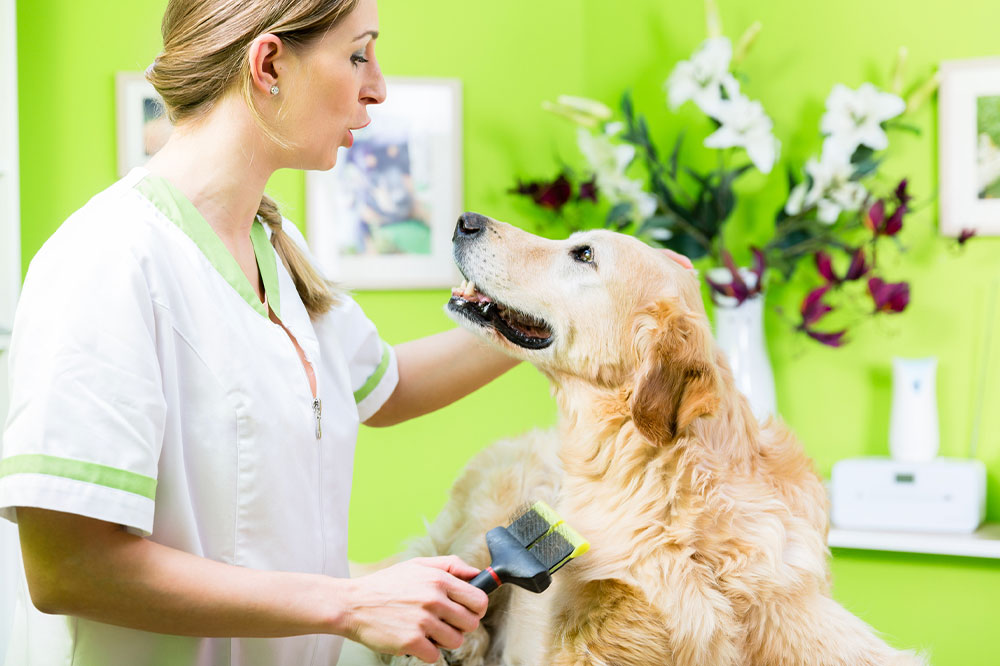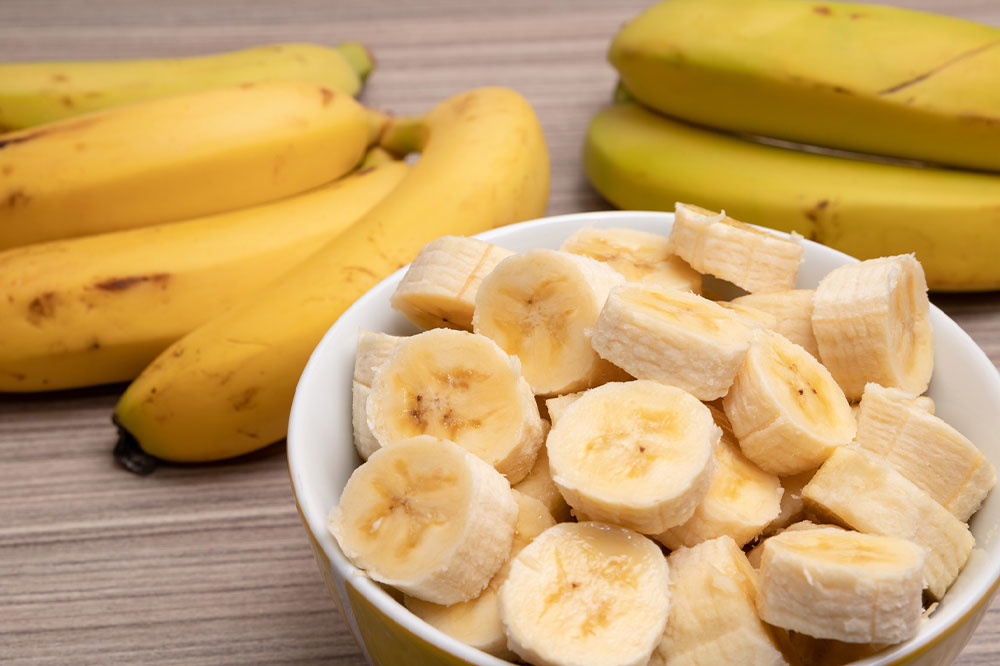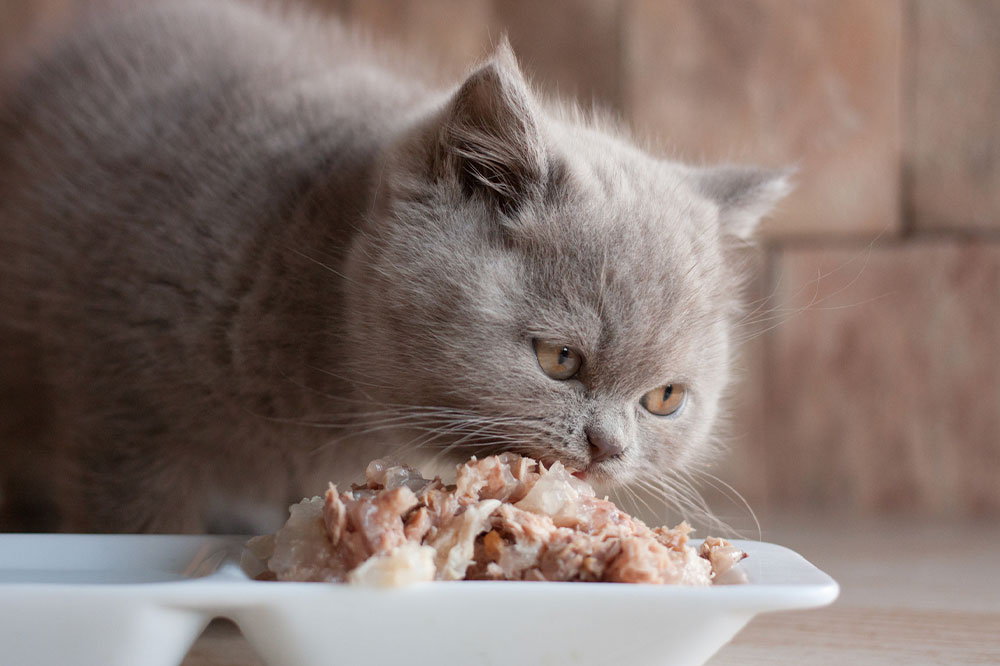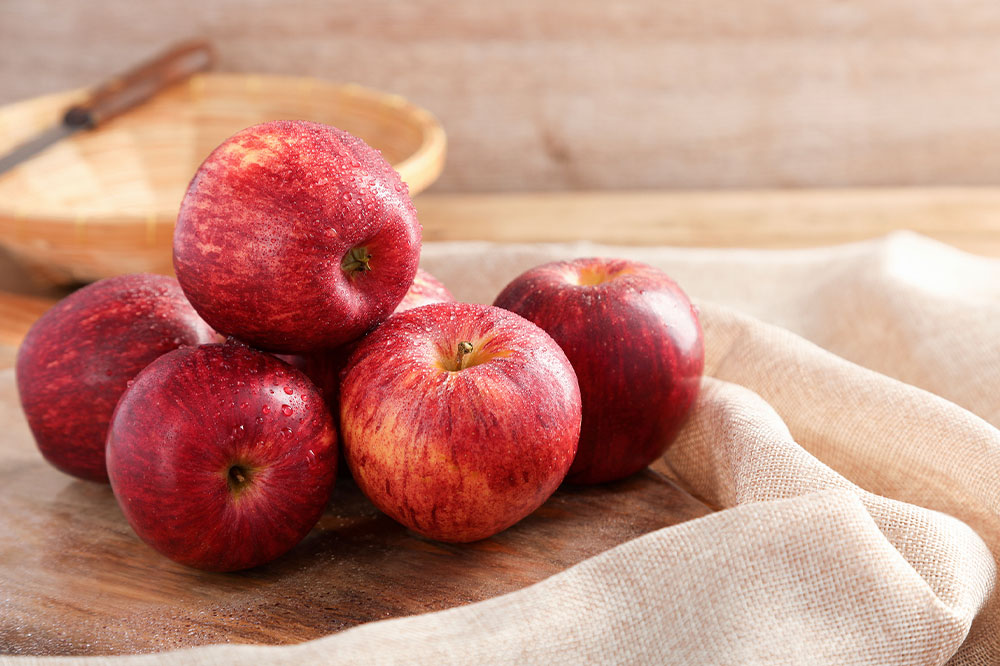10 early signs of ulcerative colitis to not ignore
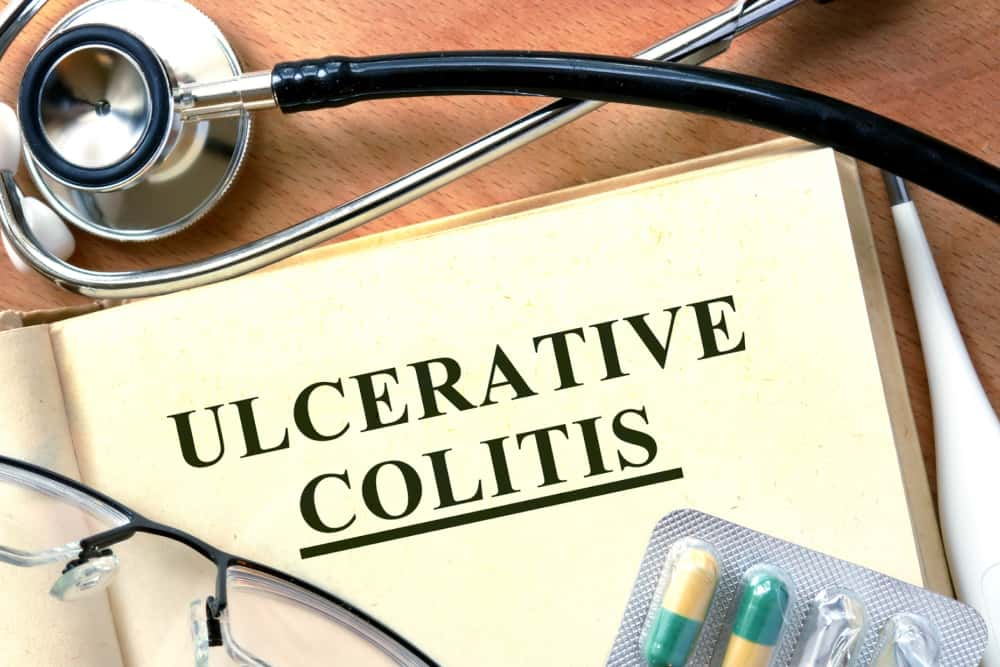
The digestive system performs several indispensable functions, from helping the body absorb food nutrients to filtering out waste from the body . That’s why any issues related to digestion should be addressed promptly. Classified as an inflammatory bowel disease , ulcerative colitis is a health condition in which the colon’s lining becomes inflamed, with ulcers developing in this area. While ulcerative colitis may be painful and uncomfortable, detecting its early signs can help with quick recovery.
Signs and symptoms of ulcerative colitis
Abdominal pain
The large intestine becomes inflamed among people with ulcerative colitis, causing pain in the left abdomen or the rectum. If the inflammation is severe, the pain is more excruciating than that in case of mild inflammation.
Frequent gurgling or splashing sounds from the stomach
It’s normal to hear a rumble from the belly when one is hungry, but those with ulcerative colitis may experience this symptom quite frequently. Gurgling or splashing sounds from the stomach may mean the gastrointestinal tract is overly active. People with ulcerative colitis who have this symptom may also develop diarrhea, bloating, and other digestive problems.
Fever
When one has ulcerative colitis, they may develop fever as a reaction to the inflammation caused by the condition. Those with ulcerative colitis may have a low-grade but persistent fever. And when such fever is accompanied by other ulcerative colitis symptoms, it may be an indicator of the condition.
Blood or pus in stools
This symptom arises from ulcers forming in the lining of the rectum or the large intestine. Sometimes, this bleeding may also be accompanied by pus formation in stools.
Joint pain
In some cases, those with ulcerative colitis may experience joint pain and inflammation. While the exact cause of this symptom isn’t clear, some researchers suggest that inflammation in the stomach because of ulcerative colitis may trigger an immune response, which can cause inflammation in other parts of the body.
Loss of appetite
The symptoms of ulcerative colitis may cause one to lose interest in food, triggering loss of appetite. As a result , one may become deficient in certain essential nutrients eventually if the ulcerative colitis symptoms aren’t addressed .
Mouth sores
Ulcerative colitis may affect the soft oral tissues among some patients, causing mouth sores to develop on the gums and sides of the mouth. People with ulcerative colitis usually develop canker sores, which appear as round yellow or white spots. This symptom may also lead to bad breath and pain.
Skin rashes and inflammation
Sometimes, ulcerative colitis may affect the skin’s outer layer, causing painful rashes and inflammation. As per research, up to 15% of those with inflammatory bowel disease (including ulcerative colitis) experience skin problems.
Sleep problems
Since ulcerative colitis involves painful symptoms, it can majorly affect one’s sleep patterns. A study found that, on average, those with ulcerative colitis slept for only 4.5 hours every night. So, if sleep disturbances are accompanied by other ulcerative colitis symptoms, it could indicate the onset of the illness.
A sense of incomplete bowel evacuation
Many patients with ulcerative colitis may feel like they need to pass stools frequently, even if their bowels are empty. As a result, they may strain to pass stools, which can aggravate the condition.
Lifestyle tips to manage ulcerative colitis symptoms
Have small meal portions throughout the day
Having multiple small meals throughout the day is a better option than having a few large meals because in the latter situation, there’s more pressure on the digestive system to process large quantities of food simultaneously. Since digestion is already compromised among patients with ulcerative colitis, it’s advisable to have multiple small meals throughout the day to aid digestion and control flare-ups.
Avoid spicy and processed foods
Spicy foods may increase inflammation in the stomach and worsen existing ulcerative colitis symptoms. Also, processed foods, which are high in sodium, refined flour, and sugar, may increase bloating and digestive issues. So, it’s best to avoid spicy and processed foods to manage ulcerative colitis and replace them with foods rich in healthy carbs and fats, proteins, vitamins, and minerals.
Exercise regularly
Regular exercise can help food pass through the digestive system seamlessly and also aid bowel movements. So, it’s a good idea to stay physically active by engaging in activities like walking, jogging, cycling, skipping, and much more .
Have plenty of water
Staying hydrated is extremely important for reducing pain caused by ulcers and promoting proper digestion. One should remember to have plenty of water and other healthy fluids, such as fresh fruit juices, soups, and smoothies throughout the day.
